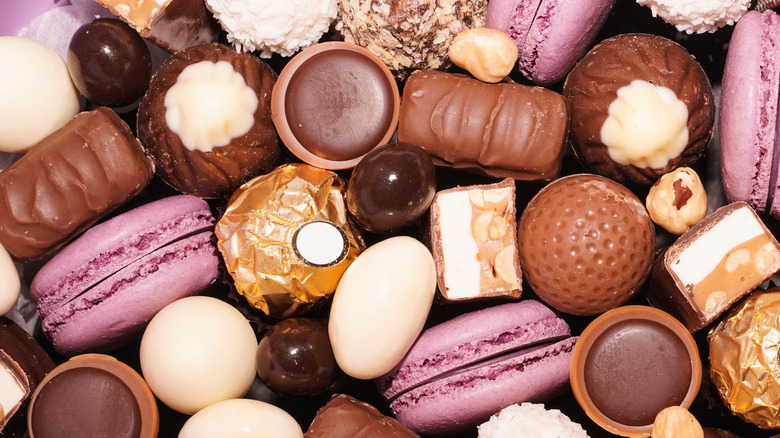These Are The People Who Decide What Food Tastes Like
It is a real shame that cheesecake doesn't grow on trees. Being without question the best food ever invented, cheesecake requires a constant supply to feed the cravings of people around the world. If the distribution of cheesecake was ever disrupted, even for mere seconds, anarchy would inevitably reign supreme.
Even though it could well be expected that the irresistible taste of cheesecake must only have been created by the holiest of food gods, the reality is that such epic flavors are actually developed right here on Earth.
Natural flavors can only satisfy our taste buds so far, meaning that the job of deciding what our food tastes like is completed by highly trained flavorists. Grub Street estimates there are only around 500 of these food experts working in the U.S., but their role is a crucial one, ensuring the end product of many delicious treats is tasty enough for us to enjoy (and, crucially, go back for more).
Flavorists are involved in the science of creating flawless tastes
The New Yorker explains that being a flavorist is a highly secretive job, leading to the commonly found – yet rarely explained – inclusion of "natural flavoring" on a huge variety of products. It adds that flavorists work in scientific laboratories, manufacturing additions to food that are designed to mirror optimum versions of the natural substance, such as vanilla flavoring in Coca-Cola.
InsideHook reports that flavorists acquire an intense knowledge of the 4,500 raw ingredients approved by the FDA during a minimum training period of seven years. The taste boffins will then experiment with these raw ingredients until they have created an ultimate taste that will either be completely new or mimic a naturally occurring flavor.
According to Grub Street, the key to developing new flavors is to first work out the smell, then the taste. Further investigation by InsideHook reveals that flavorists are also heavily involved in managing food trends, predicting what flavors will be popular in years to come. This has created expectations that consumers will soon be demanding foods that boost the immune system, generating a need for flavors that will cover up the possibly undesirable tastes.

